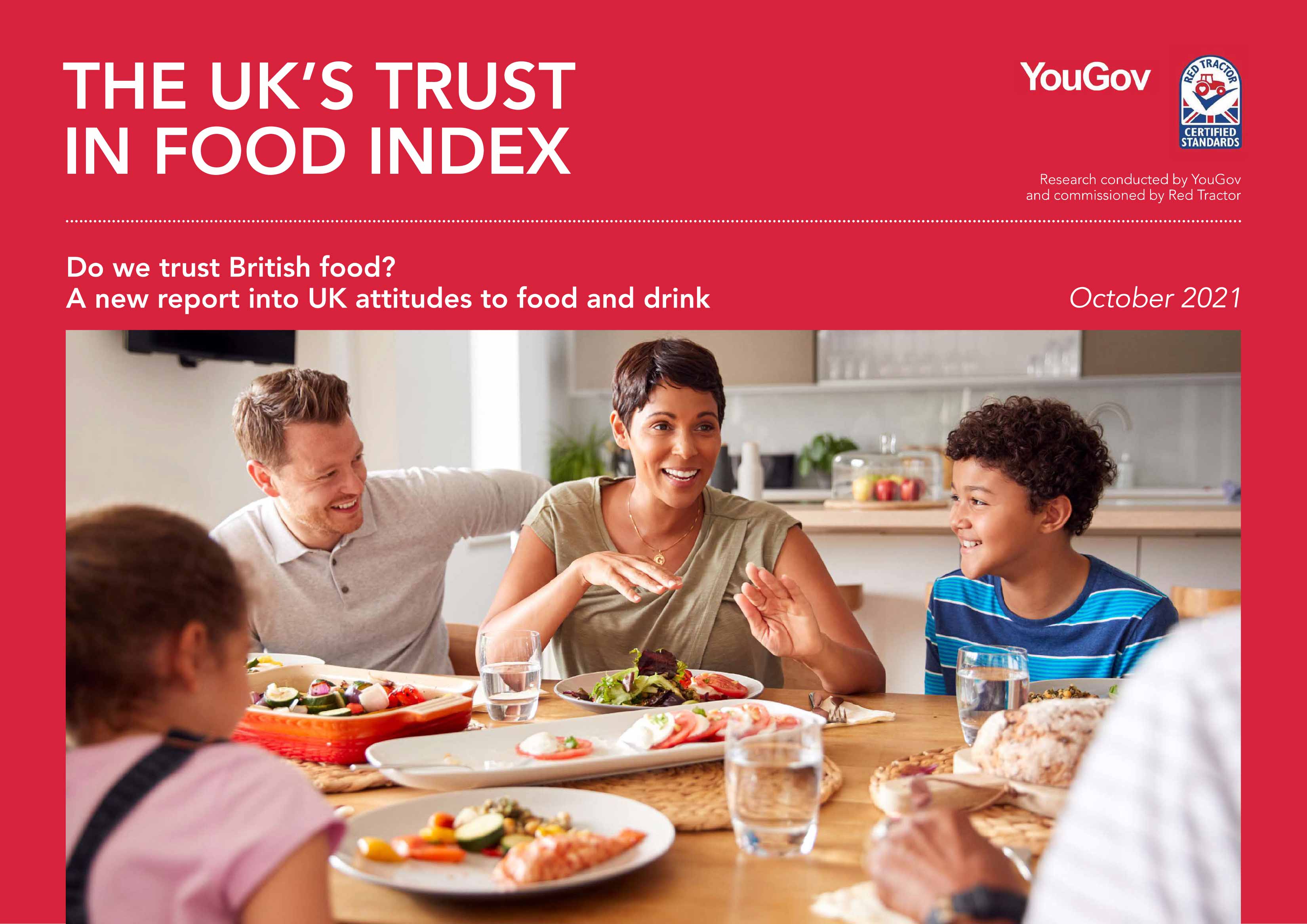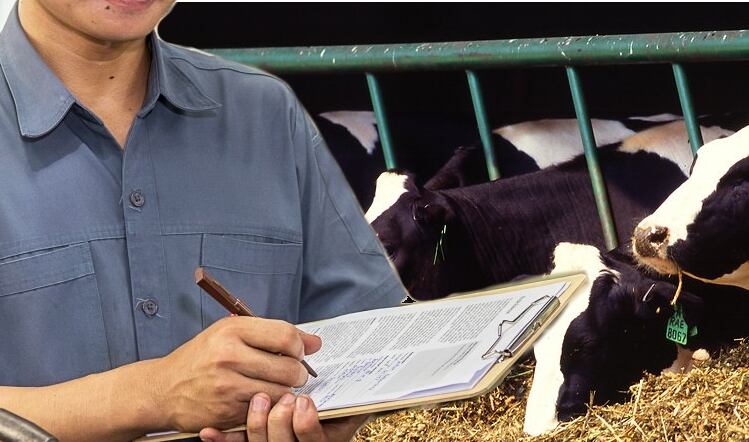The report, ‘Trust in Food Index’, found that 84% of UK consumers trust food from Britain, with that trust increasing the closer to home the product was made.
Jim Moseley, Red Tractor chief executive, told Food Manufacture that the support from consumers was a testament to the work assurance schemes such as his had done since their conception more than 20 years ago.
However, while trust in British food was at an all-time high, there were still sectors within the food and drink industry that are not as trusted as others. This in turn revealed opportunities that food and drink firms should look in to.
“I think it’s fair to say the British public trust food more today in supermarkets and shops, more than they do from takeaways and restaurants,” Moseley explained.
Quality vs assurance
“That may not be the quality of the food they are buying, it might have to do more with the regulations and assurance schemes, the labelling and traceability that you can see in store that you can’t always see within a foodservice establishment.”
Today’s report also highlighted the lack of trust consumers had in some imported foods, particular from countries such as China and the US – just 11% and 25% of consumers respectively.
While the research didn’t go into the reasons why consumers trusted these countries less – especially since imported goods from Ireland and New Zealand where viewed more positively – Moseley felt he understood why.
“I think things that have been in the press about even the COVID crisis – when they were talking about the origins – and they talked about wet food markets in China, it doesn’t give the greatest perception of food safety,” she said.
“In the US, we’ve heard a lot about chlorinated chicken, so I think there’s an element of consumer perception that is drawn out of news stories that suggest we do not trust food from those origins as much as we trust food in the UK.”
UK production
The report also revealed how much food British consumers thought the UK produced. On average, the public thinks 45% of our food comes from the UK, compared to the official figure of 55%.
According to Moseley, answers varied widely – from as little as 20%, to as high as 80%. To him, this we less the fault of organisations and the government failing to inform the public, but much more to do with the way British consumers viewed food in general.
“I think it’s interesting that if you look at other countries where food is perhaps a much more important constituent part of their economy, they probably would understand and know those numbers far better,” Moseley added.
“Interestingly in our survey, you can see that Scottish consumers prefer to buy Scottish food – similarly Welsh consumers too – and they trust the food from their countries perhaps more than they trust UK food. Similarly, we trust food from other countries we know about – New Zealand for example – and they’ve done so much marketing around New Zealand lamb for example that it’s become ingrained in us.”
Meanwhile, consumer confidence in the safety of their food remained strong according to a survey from the Food Standards Agency, as it launched a revised Food Law Code of Practice.





